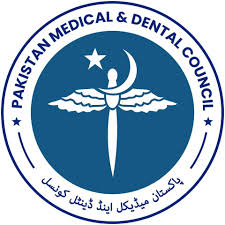Prevalence of Various Myths about Epilepsy among Families of Epileptic Patients in Pakistani Society
Keywords:
Epilepsy, myths, PakistanAbstract
Objective: To assess the knowledge of the families of epileptic patients regarding the disease and to educate them about the treatment options through modern medicine.
Methods: Total 100 families (first-degree relatives) of the epileptic patients were registered in this study during their visit to Neurology OPD from 1st December 2016 to 28 February 2017. Patients who have one episode and pseudo-seizure were excluded from study.
Results: Thirty-two percent of the population believe epilepsy is contagious and is due to black magic. Thirty-nine percent think it is curse of God, while 38% percent think peers (faith healers) can treat patient in a better way than professional doctors. Similarly, 38% think that shoe sniffing will cure the disease while 28% believe in dung sniffing as a cure for the epilepsy. Total 44% of population believe that patient of epilepsy cannot get education and are infertile therefore cannot get married.
Conclusion: Various myths are prevalent in the Pakistani society therefore; there is a strong need to educate common people, especially the families of the epileptic patients, about the true causes of epilepsy.
Downloads
Published
How to Cite
Issue
Section
License
The Journal of Fatima Jinnah Medical University follows the Attribution Creative Commons-Non commercial (CC BY-NC) license which allows the users to copy and redistribute the material in any medium or format, remix, transform and build upon the material. The users must give credit to the source and indicate, provide a link to the license, and indicate if changes were made. However, the CC By-NC license restricts the use of material for commercial purposes. For further details about the license please check the Creative Commons website. The editorial board of JFJMU strives hard for the authenticity and accuracy of the material published in the journal. However, findings and statements are views of the authors and do not necessarily represent views of the Editorial Board.

















